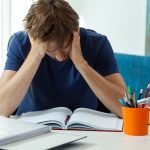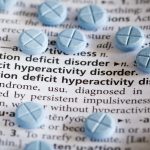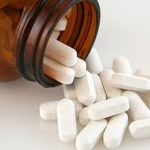
College students who use drugs like Adderall to help them focus on their studies may be setting themselves up for trouble. Researchers asked 700 undergraduates across the United States about drugs commonly used by students — including ADHD medications like Adderall, cannabis, nicotine, alcohol, MDMA and ecstasy. They also asked about students’ academic performance and physical and mental distress. They found that using one substance appears to prime the brain for using others. Lead author Lina Begdache, an associate professor of health and wellness studies at Binghamton University, State University of New York, said the finding is important because many students use these so-called “study drugs” without understanding how they affect the brain. Adderall is a medication prescribed to help people with attention-deficit hyperactivity disorder (ADHD) focus. “Since these are prescribed medications to promote focus in individuals who actually have ADHD, students may think that they are safe to use and that the drug may give them an academic edge,” she said in a university news release. Instead of an edge, students may find one substance leads to another, Begdache warned. Researchers linked use of one substance to generally poorer mental health and lower ability to fight off stress. And less frequent use led to mental distress — potentially promoting continued use. The findings were published recently in the International Journal of Psychological and Behavioral… read on > read on >


































-300x200.jpg)



